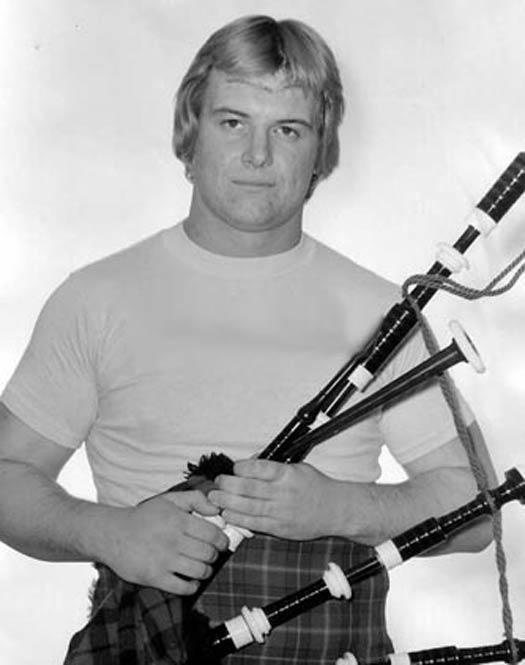I wasn’t familiar with Taffy Brodesser-Akner before 2015, then I read wonderful pieces she wrote about Kris Jenner and Don Lemon, two people I normally wouldn’t care about, and I was hooked, always looking for her byline. In the New York Times Magazine’s annual “The Lives They Lived” issue, she’s penned the postmortem for wrestler Roddy Piper, who could boast like Ali even if he pulled his punches. One of the biggest stars in the history of the business, Roderick George Toombs, as he was christened, was driven to an early death by the industry’s very real toll, dealing with the brutal schedule of slams and falls with cocaine and steroids and painkillers and sleeping pills. The act of constantly living a fantasy also exacted a price, as his public comments were often puzzling, a mix of carny kayfabe and ill-advised opinions. You weren’t sure if his words were a work, and he didn’t seem certain, either.
The short piece doesn’t delve into Piper’s demons but instead focuses on his impact on the boom period of the 1980s, when the pseudo-sport went national. An excerpt:
Piper (né Roderick George Toombs) was hired by the W.W.E. in 1984 as a manager. When he finally made it into the ring a year later, it was as a villain, to engage in vicious rivalries with everyone from Andre to Mr. T (at the height of his A-Team fame). His theatrical loathing for his opponent made the matches magnetic, and he became the most beloved hated man in the W.W.E. universe. And his ability to bring all those crazy feuds to life during his interviews energized story lines in a way the W.W.E. had never before been able to successfully pull off.
With Andre, Piper asks if it’s true that Big John Studd body-slammed him. No, Andre says, it isn’t. Piper, neck veins pulsing, suggests that even he could body-slam him. Interview over. Andre grabs Piper’s shirt, uses it to fling him across the room and walks off the set. Piper, red-hot with rage, screams, ‘‘You think you’re tough?’’ He stares into the camera and does an Incredible Hulk pose that shows off his terrifying trapezius muscles. ‘‘You ain’t nothing!’’ You have never seen a man so committed to seeming to have lost all control.
Piper never won a world championship, but he didn’t need to. He was the W.W.E.’s hero, his energy a shot of adrenaline into wrestling’s weary heart. In 2005, he was inducted into its Hall of Fame. And in July, when he died in his sleep from cardiac arrest at 61, it was hard not to think that he had used up all his energy prematurely, keeping all those other clowns afloat for so many years.•

